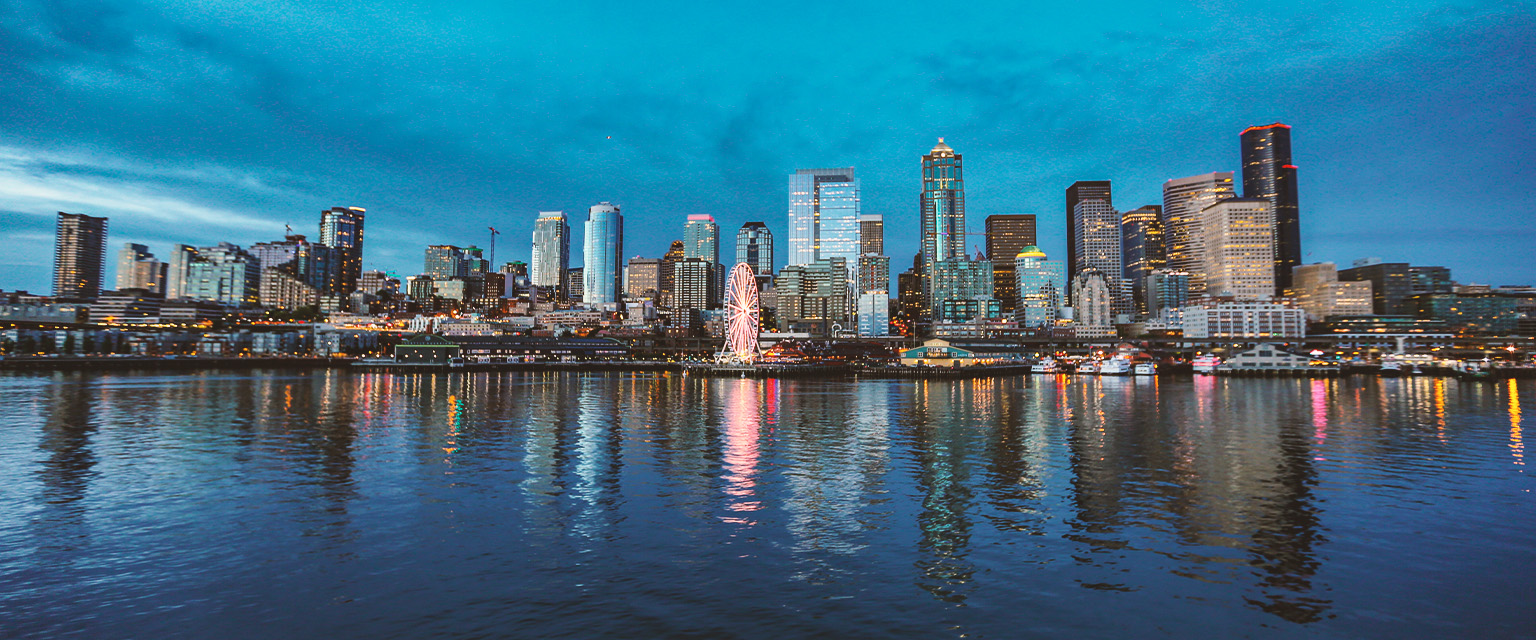
Property damage is one of the most common reasons people need to deal with insurance companies and legal claims. From auto accidents to vandalism and natural disasters, property damage can lead to significant financial losses, headaches with insurers, and stressful disputes over responsibility.
If you live in Washington State, knowing your rights and the claims process can make all the difference when trying to recover for your losses.
What Is Property Damage?
In legal terms, property damage refers to the destruction of, or harm to, someone’s tangible property.
This can include:
- Vehicle damage from a car crash
- Damage to a home or business in a storm or fire
- Vandalism or theft
- Structural damage from construction accidents
- Water or mold damage due to faulty plumbing
In personal injury cases, property damage often comes up alongside bodily injuries. For example, a car accident victim might need to recover both medical costs and the cost to repair or replace their vehicle.
Common Causes of Property Damage
Property damage in Washington can happen in countless ways.
Some typical scenarios include:
- Auto accidents: One driver’s negligence can total your car or cause expensive repairs.
- Weather events: Windstorms, flooding, and wildfires can destroy structures or landscaping.
- Vandalism and theft: Criminal acts can cause costly repairs or loss of valuable items.
- Construction defects: Poor workmanship or design can lead to cracked foundations, leaks, or other damage.
- Neighbor disputes: Falling trees, fences, or water runoff damaging your property.
No matter how the damage happens, you have the right to seek compensation from the at-fault party or through your insurance policy.
How Liability for Property Damage Is Determined in Washington
Washington State uses a fault-based system for property damage claims. To recover from another party, you typically need to prove they were negligent or otherwise legally responsible for the damage. Negligence means the person failed to use reasonable care, leading to the damage.
For instance:
- A driver who runs a red light and crashes into your car is negligent.
- A contractor who ignores building codes, causing structural failure, may be liable for resulting damage.
- A neighbor who doesn’t maintain a dead tree that falls onto your house could be responsible.
Under RCW 4.22.005, Washington follows a system of comparative fault, meaning if you’re partially responsible for the damage, your recovery can be reduced by your share of fault. For example, if you’re 20% at fault for an accident, your compensation would be reduced by 20%.
How Insurance Works for Property Damage in Washington
Washington residents often rely on insurance to cover property damage.
Policies may include:
- Auto insurance: Collision or comprehensive coverage for vehicle damage.
- Homeowners insurance: Covers fire, storm, theft, and some water damage.
- Renters insurance: Protects personal belongings.
- Commercial property insurance: For businesses protecting inventory, equipment, and structures.
When making a claim, it’s important to understand:
- Policy limits: The maximum the insurer will pay.
- Deductibles: What you pay out-of-pocket before coverage applies.
- Exclusions: Damage not covered (e.g., certain types of flooding).
Insurers are required to handle claims in good faith under Washington State law. RCW 48.30.015 gives policyholders the right to sue insurers for unreasonable denials or delays. If your insurer unfairly refuses to pay, you may be entitled to additional damages.
Steps to Take After Property Damage
If your property is damaged in Washington, here’s how to protect your rights and strengthen your claim:
- Document the damage: Take photos or videos as soon as it’s safe.
- Notify your insurer: File a claim promptly.
- Get estimates: Obtain professional repair estimates to show the extent of your losses.
- Preserve evidence: Keep receipts, contracts, and any related communications.
- Avoid repairs without approval: Insurers may require inspection before authorizing work.
- Consult an attorney if needed: A lawyer can help you negotiate with insurers or pursue legal action against the responsible party.
By acting quickly and carefully, you improve your chances of getting full compensation.
Why You Need a Property Damage Lawyer
While minor claims may be straightforward, many property damage cases become disputes over fault, insurance coverage, or the value of repairs.
A skilled Washington property damage attorney can:
- Investigate the cause of the damage
- Gather evidence of liability
- Review your insurance policy and rights
- Negotiate with insurers to maximize your payout
- File a lawsuit if needed
Dealing with insurers and at-fault parties can be frustrating and time-consuming. Having an experienced advocate ensures you don’t get taken advantage of or pressured into a low settlement.
Contact Darrell Cochran Personal Injury Lawyer for a Free Consultation
Property damage can turn your life upside down. Whether it’s your car, home, or business, the costs to repair or replace what you’ve lost can be overwhelming. But you don’t have to deal with the aftermath alone.
Washington State law protects your right to recover damages from those responsible or from your own insurer if you have coverage. Contact Darrell Cochran Personal Injury Lawyer today at (253) 948-0250 for a free consultation.
